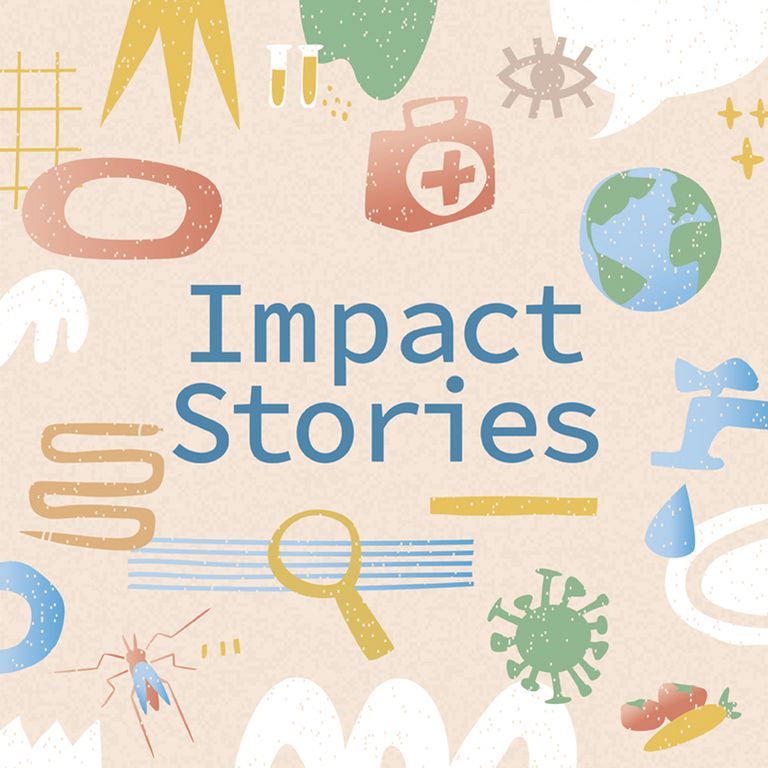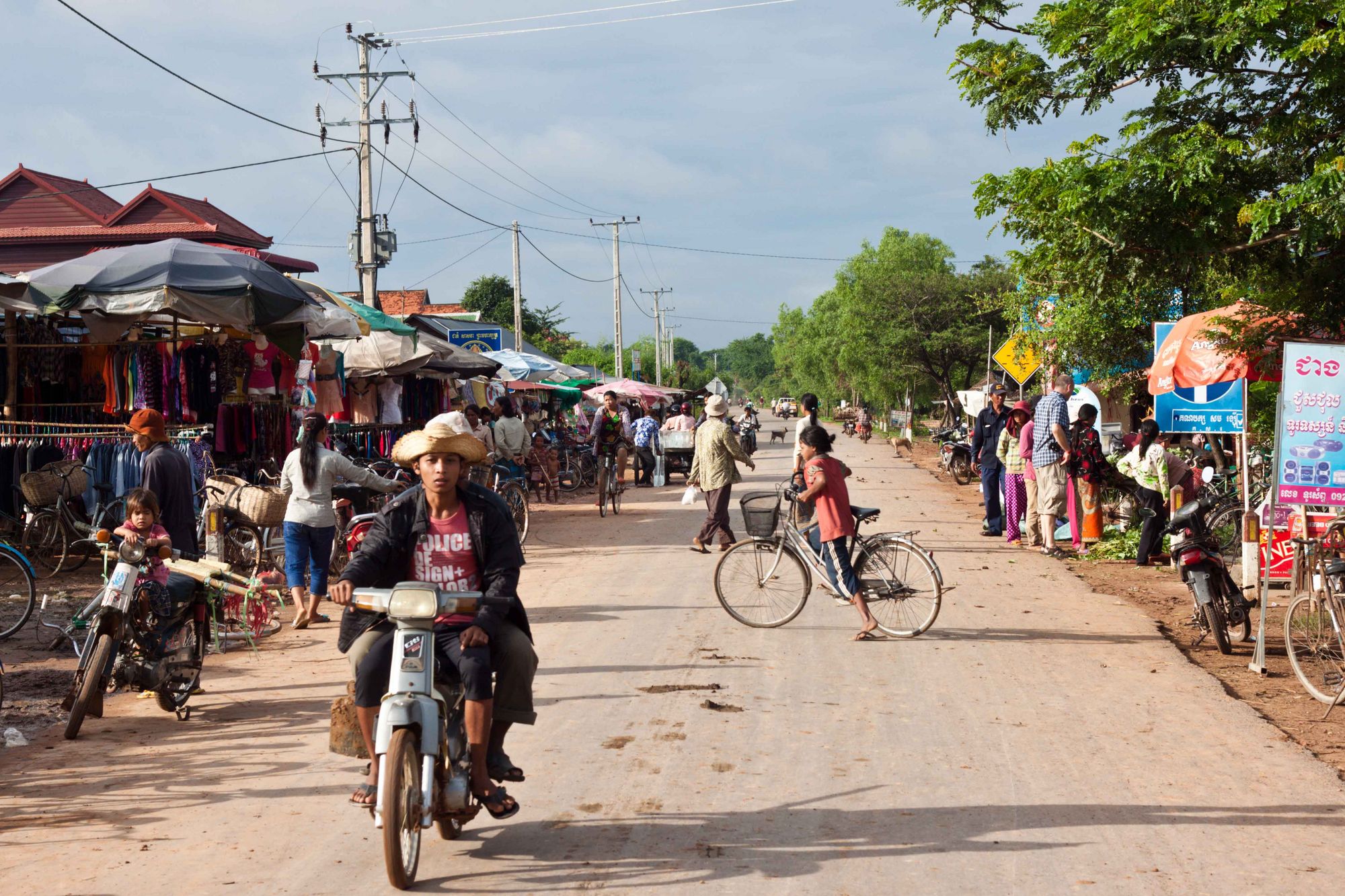

Let's be honest, who could have predicted at the beginning of 2020 how the year would turn out. Of course, the epidemiological textbooks were outspoken about pandemics being one of the greatest global health risks of all time. Theoretically, we would have known and could have read in these books how a global pandemic could unfold. But probably very few of us could have concretely imagined how much it would affect our everyday lives. An example: at the end of 2019, we were working on a strategy to reduce greenhouse gases at Swiss TPH.
It was obvious that for a globally active research institution, travel is the biggest contributor to our greenhouse gas emissions. So we thought about how large travel reductions could be made without compromising the quality of our work. Should we set a target of 10% or 20% reduction per year? Eventually, hardly any travel was undertaken at Swiss TPH. Globally, greenhouse gas emissions have fallen by around 8% in 2020, according to the Lancet Countdown Report. In 2020, hardly any travel was undertaken at Swiss TPH. This means that in 2020 the world achieved what was needed for the 1.5 degree target; but unfortunately not with climate policy, but instead COVID-19 lockdowns.
This is of course unsustainable and economically damaging. This makes it all the more important that we learn from the COVID-19 crisis when we think about tackling the climate crisis. The global impacts of climate change, as with COVID-19, are intuitively difficult to imagine but scientifically easy to predict. Only with early and decisive action can the impacts be minimised.
Climate change affects everyone
Since 2015, six of the warmest years globally have all occurred. The environmental changes associated with this warming have direct and indirect impacts on health. Since 2000, heat-related mortality has increased by more than 50% among people over the age of 65, which now equates to a total of 300,000 heat-related deaths per year. Even in moderate climate regions such as Switzerland, around 1,500 heat-related deaths have been observed since 2015.
Globally, areas where vector-borne diseases are likely to occur are increasing. Since 1950, climate suitability for the transmission of malaria in highland areas has increased by 40% in Africa and by 150% in the Western Pacific region. Changes are also seen in Europe. Since the first Chikungunya outbreak in Ravenna in 2007, localised autochthonous outbreaks of dengue, Zika or Chikungunya have been observed in Italy and Southern France almost every year since 2013. Autochthonous transmission of leishmaniosis by sand-flies has already been observed in Germany or Mediterranean spotted fever by dog ticks in Switzerland. The list of climate-related health risks is long, and includes forest fires and the associated air pollutants, increasing ozone pollution, droughts, floods, food security, migration and much more.
"Globally, greenhouse gas emissions have fallen by around 8% in 2020. The world has achieved what is needed for the 1.5 degree target, not with climate policy, but COVID-19 lockdowns."

Climate change is unfair
Strikingly, the countries most affected by climate change are those that emit the least greenhouse gases. The CO2 emissions of many African countries were less than 300kg per person in 2018. In Switzerland, emissions were around 5 tonnes, in China 8 tonnes or in the USA 16 tonnes per person. It should be noted that around two-thirds of Switzerland's greenhouse gas footprint is generated abroad, and is not included in the statistically recorded 5 tonnes.
The unequal distribution of greenhouse gas emissions and health impact raises a fundamental question of equity, similar to the current global distribution of COVID-19 vaccines. As climate change impacts existing social and economic inequalities, there is a great risk that long-standing inequalities within and between countries will be exacerbated. Within-country inequality of climate change induced health risks has been observed in Switzerland, since the most deprived population groups are most affected by heat. On the one hand, this is due to the fact that homes are not as well insulated against heat; on the other hand, these people regularly work in occupations that are more affected by heat. Measures to prevent heat-related health effects reach this population group less effectively than others.
Less is more
Research shows that leaders with experiences in crisis do better and make faster decisions to prevent future crises. So now let us use the experience of the COVID-19 pandemic to mitigate the climate crisis. The year 2020 has demonstrated that many things can change when you least expect it. Suddenly, things are possible that seemed inconceivable a year ago. In addition to all the challenges in 2020, many have probably also had a moment to reflect on what is really necessary for a high quality of life. If we do not just dismiss 2020 and go back to life as we know it, but rather let these experiences guide us, a triple win beckons: improving public health, creating a sustainable economy and protecting the environment.
This text has originally been published in German and French on Medicus Mundi by Martin Röösli and Martina Ragettli of Swiss TPH. Learn more about the triple win from the recent